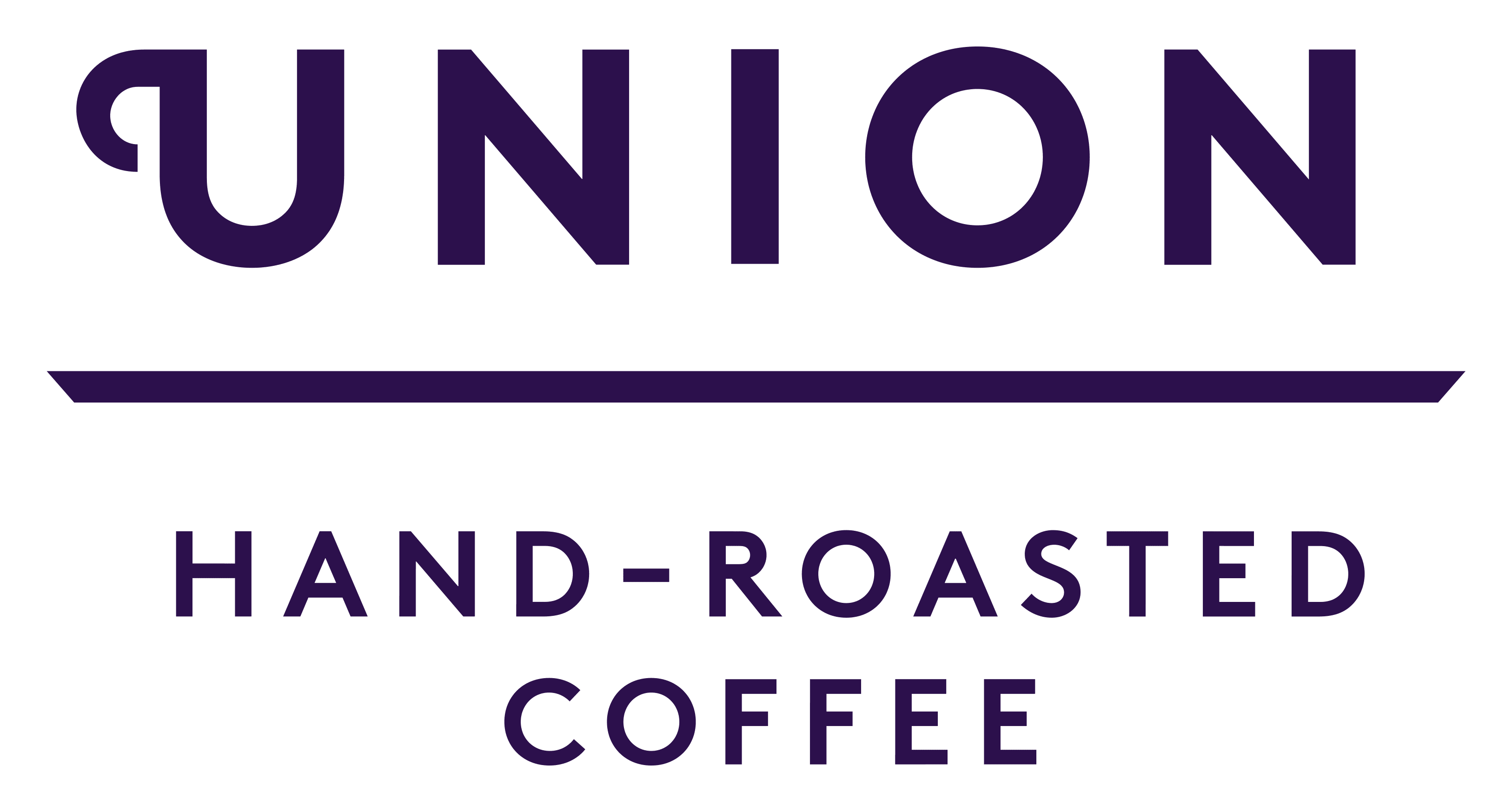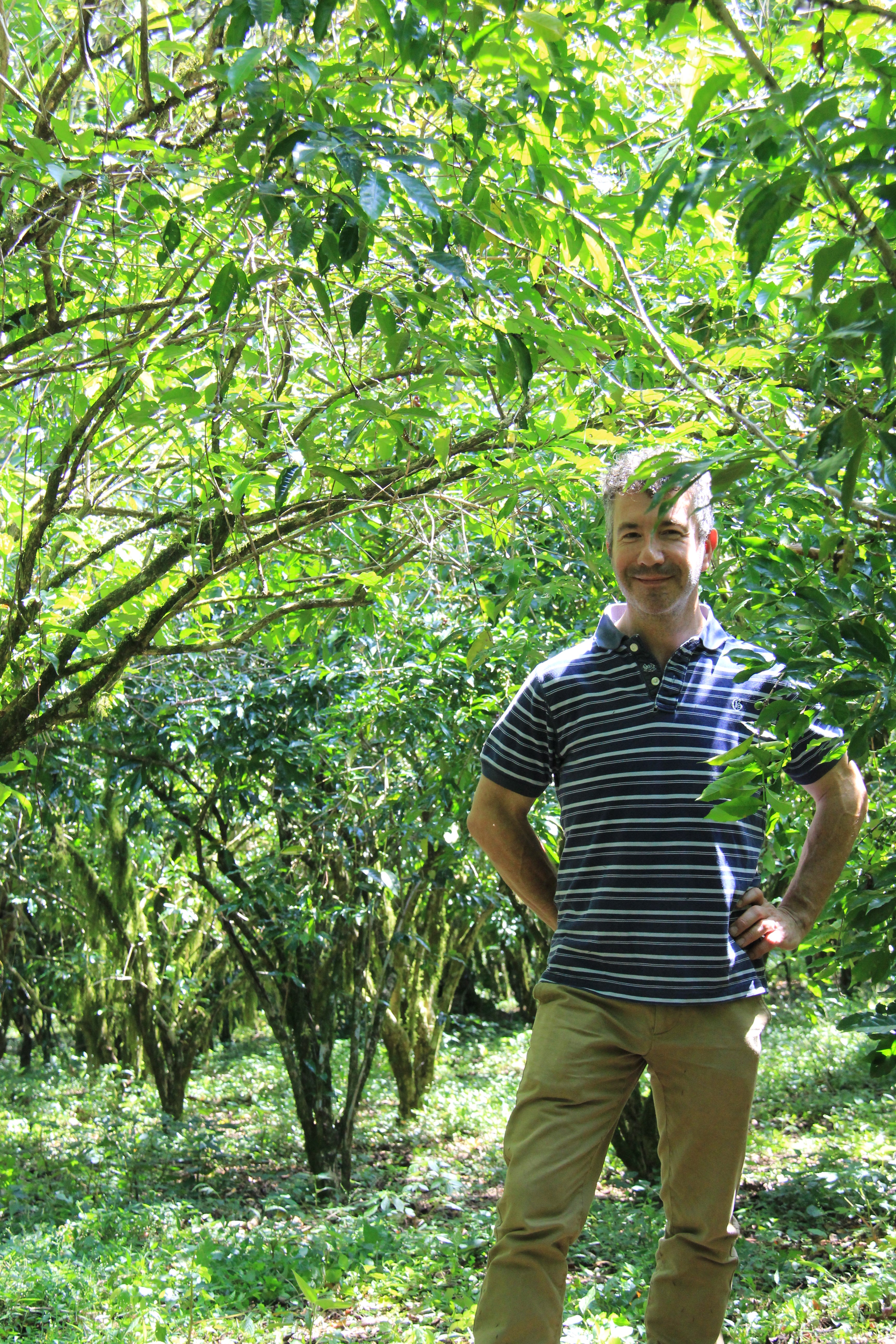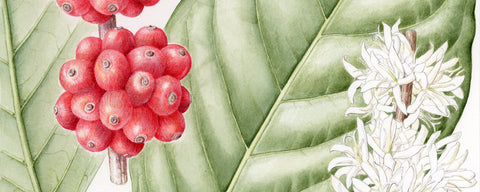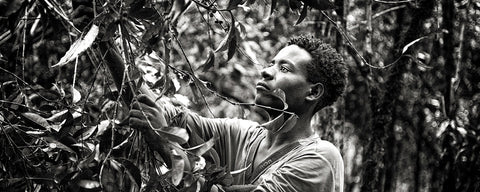May 2019
Dear Union coffee drinker,
I wanted to share with you an update report on our sourcing policy, which should make your cup even more enjoyable – knowing that you are doing good whilst drinking delicious coffee and supporting coffee farmers worldwide.
Steven Macatonia, co-founder of Union
In August 2018 the world market price for coffee dropped below 1 US dollar for the first time in 12 years. Prices have continued to remain low; currently, the price of coffee is still less than $1 US – this is having catastrophic consequences for coffee growers who cannot cover their cost of production with this price.
At Union we do not follow the world market price – we buy and roast speciality grade coffee, and we believe in paying a fair, sustainable price for it. Through Union Direct Trade, we work to provide safe and good quality jobs to the people that grow our coffee, not only because it’s important, but because it’s the right thing to do. Since founding Union in 2001 we have been travelling to origin meeting and speaking to farmers and their workers, working in true partnership. All over the world, coffee farmers have one thing in common; they operate in a dynamic and always changing environment caused by climate change, economics and politics. By understanding the challenges farmers face, we can work together to ensure we can provide better quality livelihoods for our farmer partners and better quality cup for our drinkers.
In 2018, we paid farmers on average 69% above the world market price and 48% above the Fairtrade minimum price.
This means that a total of USD $2.88 million was paid out to farmers in premiums above the world market price.
We reached more than 13,000 farmers, which extends even further allowing for family members. And then an even wider impact through bringing economic vibrancy to local towns and villages of the coffee producing regions we source from.
Our Sustainability Manager, Pascale, conducts audits and collects data continuously from our farmer partners, recording basic data such as cooperative membership, gender equity and farm management practices. In 2018 we visited 10 countries, conducted 3 Union Code of Conduct Audits and 19 On Site Risk Assessments to ensure fair and safe practices.
We also continued our special projects at origin;
In Ethiopia, we continued our collaboration with farmers in Yayu. Our efforts to mitigate the impact of climate change and deliver farmer training that improves the quality of their coffee were rewarded by the Specialty Coffee Association Sustainability Project Award.
In Costa Rica, we implemented a self-assessment and training programme with our farmer partner, to empower farmers to better understand and mitigate health and safety risks on their farms.
In Nicaragua, members of the farmworkers committee at La Revancha, received $8,000 USD for their farmworkers fund, raised as a premium from coffee sales. The committee has been investing this money in their community by improving sanitary facilities and distributing food packages to the elderly in their community.
In Guatemala, the need for a woman-inclusive projects and livelihood diversification brought us to a collaboration with Pueblo a Pueblo and the implementation of a small-scale bee-keeping project. The ten women that participated had a 44% increase in income over three years. We funded the construction of a workshop building ($3,000) for this community who are located in a remote area. This building is used for training about beekeeping to teach more women about honey production and also coffee agronomy training.
Kindergarten for coffee pickers children in Guatemala
We also raised more than £2000,- disaster relief fund after Volcan del Fuego erupted in 2018. La Candelaria farm is located on the slope of this volcano and many of the farm workers lost their homes from the destruction. Also in 2017, the farm implemented a day-care centre for the children of workers, facilitated by a local NGO (Funcafe). This project was continued in 2018.
In Brazil, we contributed USD $5,000 towards a farm management initiative managing wastewater, to minimize the impact of harmful sewage water on the farm
We are aware that there is more to be done. We are determined to continue to improve the lives of the people we work with and progress towards our ethical trade vision.
Thank you for your ongoing support, and we hope you keep buying and enjoying our coffee, and supporting the farmers we work with whilst doing it.
Yours sincerely,
Steven Macatonia,
Founder
[1] Average ICO Colombian Milds price Jan-Jun for 2018 (more data at time of writing not available)





